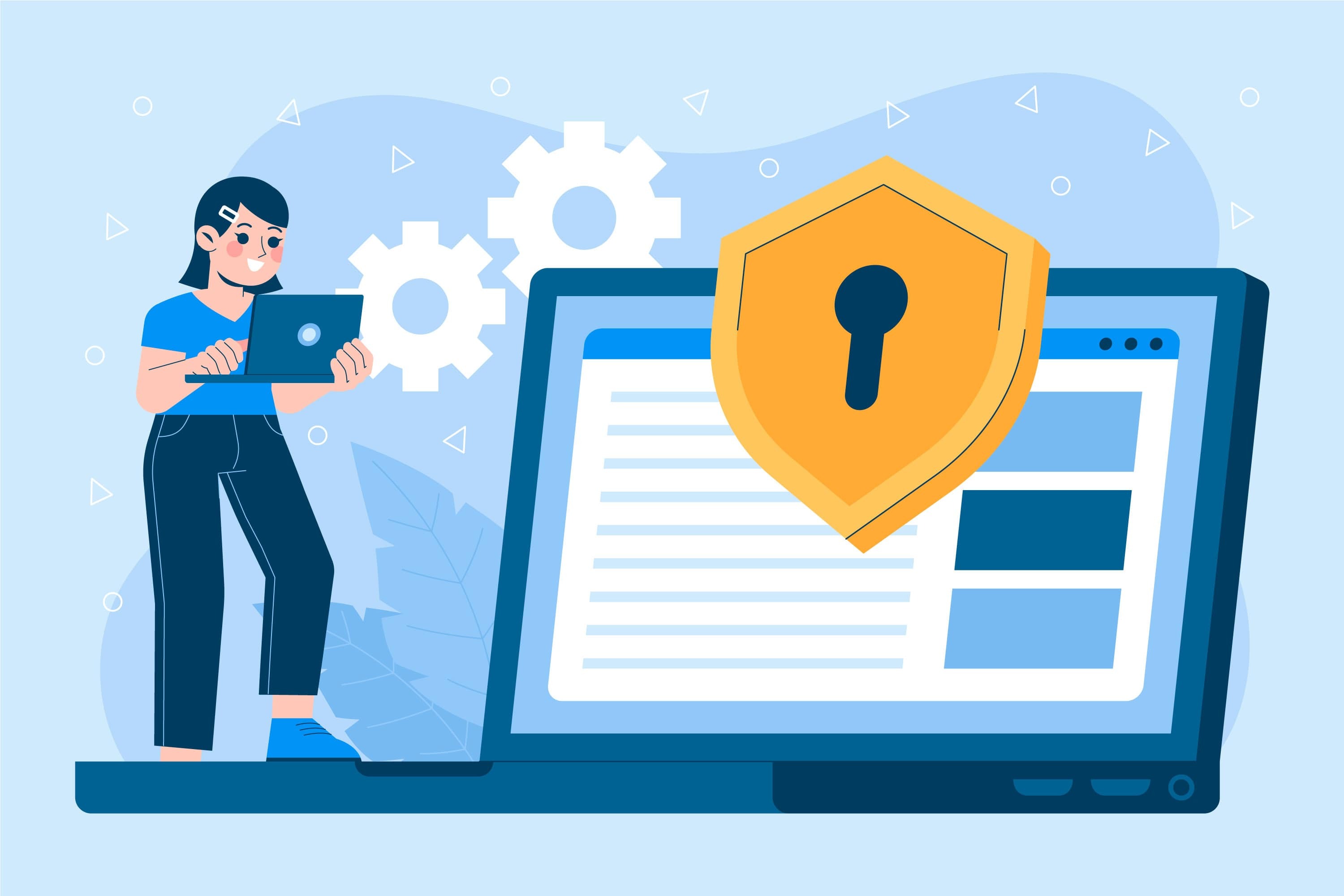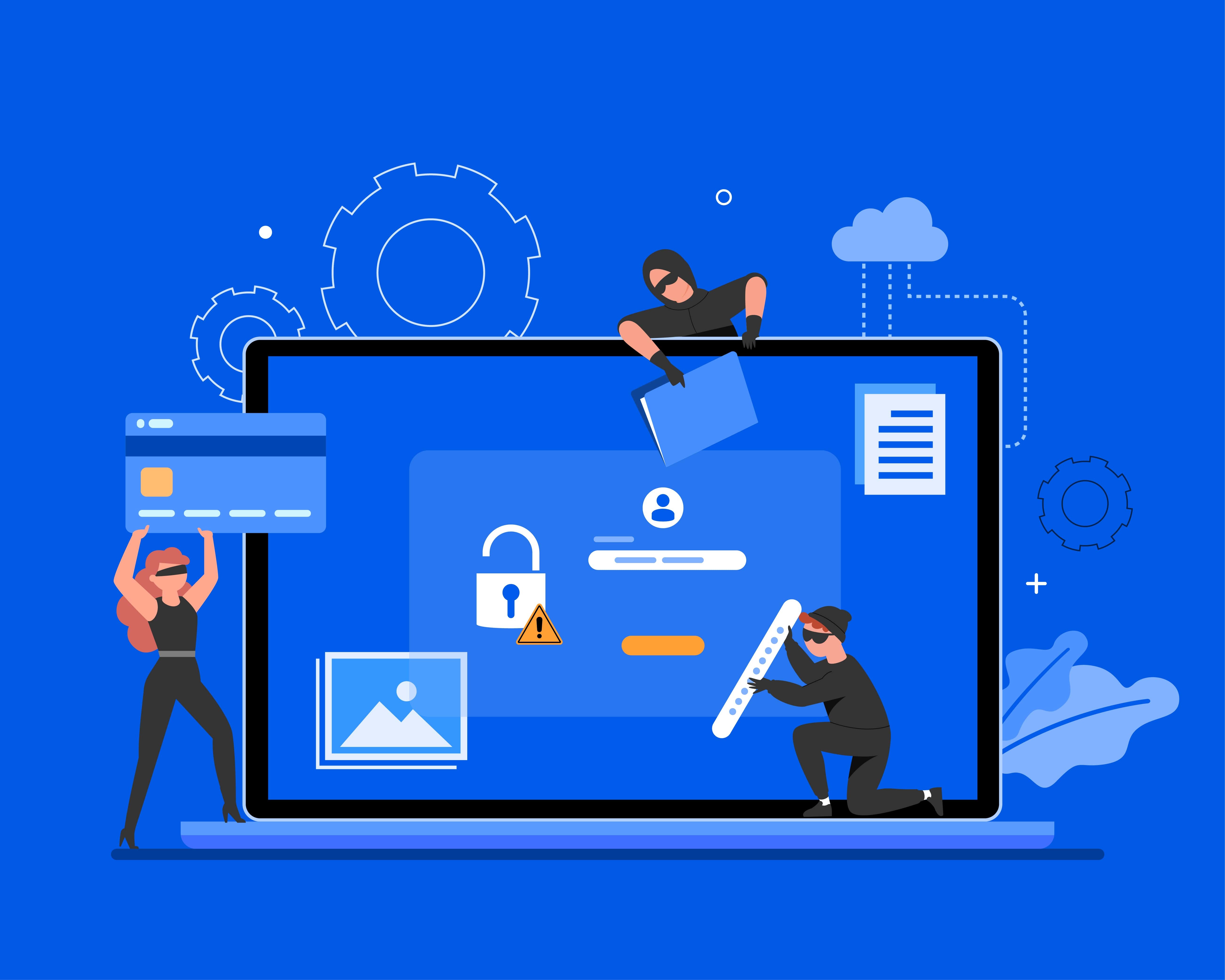
4 Ways Trust Can Increase Credibility, Convert Web Traffic And More
Would you do business with a company you don’t trust? Believe the words or intentions of someone who seems deceptive? How about confide in someone you don’t know very well?
The obvious answer is no. Trust is one of the most important factors in any relationship, whether it be personal or professional. Despite this, only 22 percent of brands are trusted.
As a website owner, it is critical your visitors trust your website—otherwise they’ll leave and may not return. After all, it only takes users 50 milliseconds to form a first impression of a website, a very short window to prove credibility.
When a visitor trusts a website, they’re more likely to look to it for authority, provide their personal information or make an online purchase. Learn how to build trust with these four easy steps.
1. Use an SSL certificate to secure visitor information
If you see a lock icon and the word “Secure” or “https” in the top left corner of your website browser, the website you are visiting has an SSL (Secure Socket Layer) certificate installed. SSL certificates protect sensitive information, such as passwords or credit card information, as it is transferred from your website to a server. This is an immediate sign to your visitors that you care about their safety. Google may also reward you with higher search rankings, as they show preference and reward websites with SSL certificates.
While an SSL certificate plays a strong part in protecting information, it’s important to note that it only prevents cybercriminals from intercepting information as it moves from the website to the server. You’ll still need to follow website security best practices to protect any sensitive information stored on your website.
2. Wear your trust badge proudly
Many SSL certificates and website scanners include a security trust badge that you can display on your site. Trust badges are a visual signal of safety to all website visitors, and are especially valued by online shoppers. In fact, 79 percent of online shoppers expect to see a trust badge, and 61 percent will not complete an online purchase if a trust badge is not present. Some trust badges offer additional security benefits to your visitors. For example, the SiteLock Trust Seal lets visitors know that the website has been recently scanned for malware and deemed clean.
3. Add a website privacy policy
Privacy policies are a common feature on websites because they are required by data privacy laws in several countries including Australia and Canada. Many third-party applications, such as Google AdSense and Amazon Affiliates, also require them. Check out the Better Business Bureau for tips and best practices for writing a privacy policy that clearly communicates to users how their data is collected, how it’s used, and how you will keep it safe. It’s another way to signal to your visitors that you value their safety.
4. Let your visitors get to know you
The “About Us” page is typically one of the most frequently-visited pages on any website. Take advantage of this traffic and introduce your visitors to the real people behind your site! While a well-crafted “About Us” page won’t secure your website, it can go a long way in developing a trusting relationship with your visitors. Take the opportunity to introduce yourself or your organization and clearly explain what you do. Including real photos of yourself or your company’s employees helps humanize your brand and adds legitimacy to your website.
With these four simple trust factors, you can start building credibility, generate leads and increase sales today. Prove to your customers that they can trust you. SiteLock can help. Call the SiteLock security experts at 833-263-8629 and ask about our Trust Seal.





